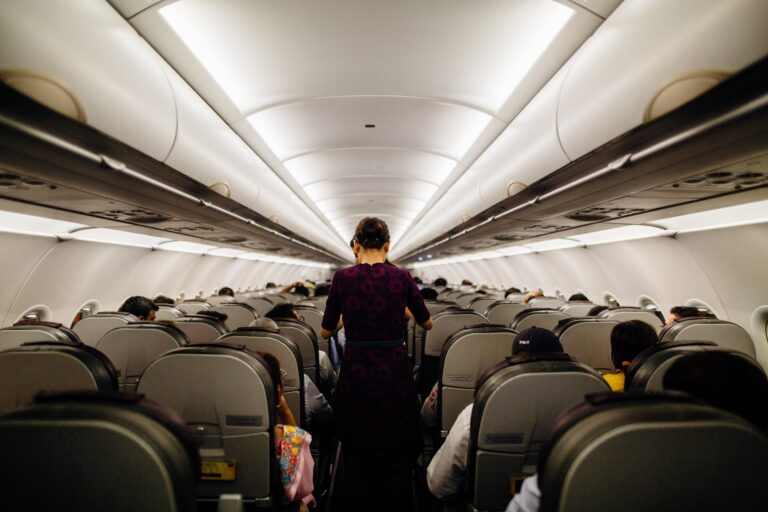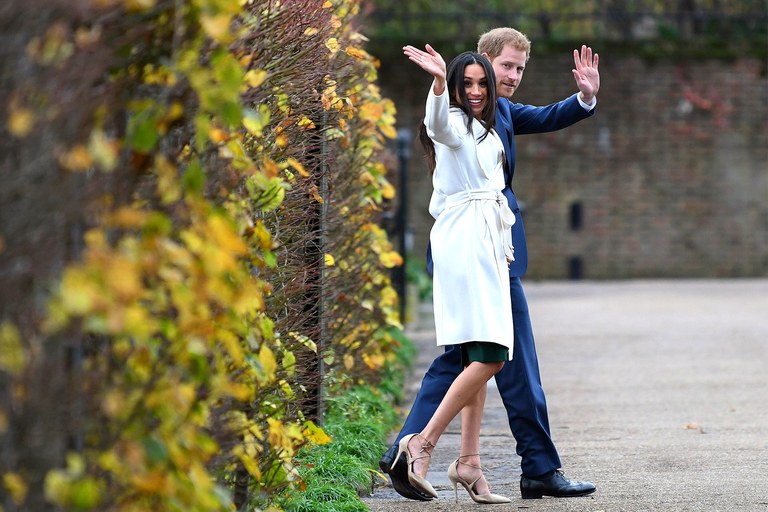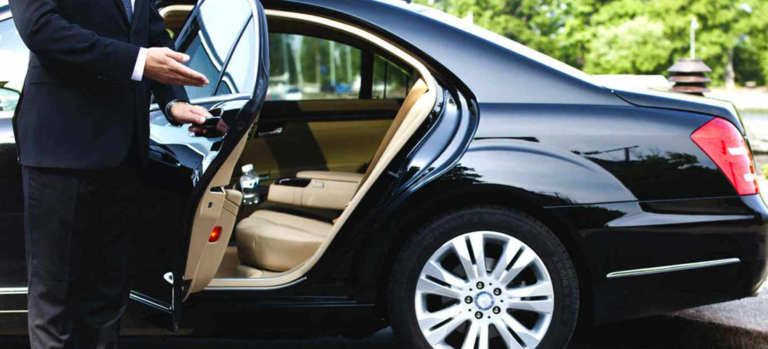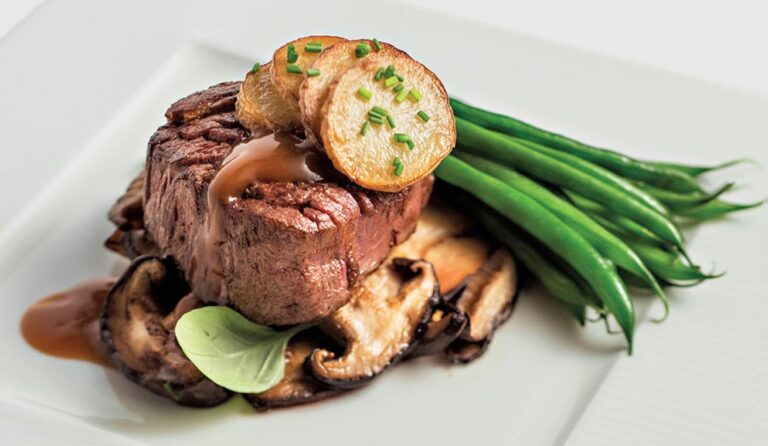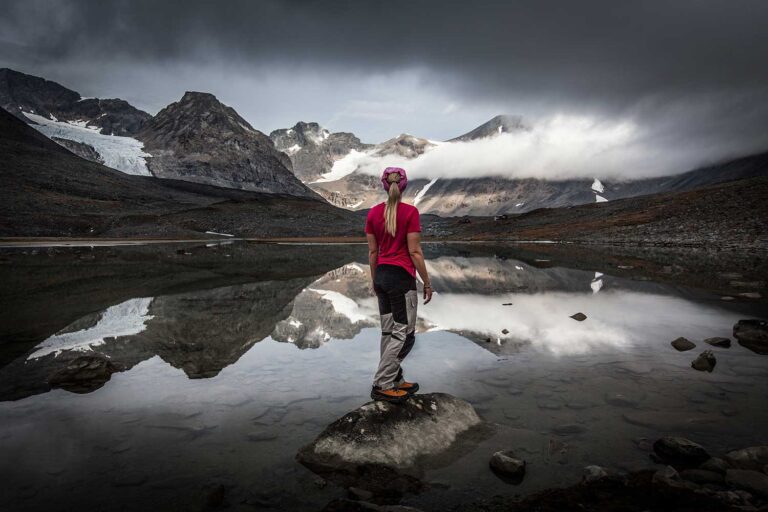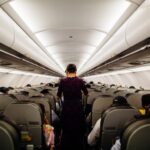How’s this for a great (or terrible – this depends on your taste of mash-up words ;)) neologism: “bleisure”. It is a portmanteau of business and leisure, and is used to describe what some people claim is a new type of business traveler: one who fits in leisure travel while on the road.
 In truth, this is hardly new. Skift, a travel website, has published something called “The Bleisure Report”, which you can read here. It is produced by the folks at Bridgestreet Global Hospitality, a company that provides serviced apartments—short-term rentals with housekeeping and utilities included. It conducted a survey to back up their “bleisure” claims, although there is no historic data from which to assemble a discernible trend.
In truth, this is hardly new. Skift, a travel website, has published something called “The Bleisure Report”, which you can read here. It is produced by the folks at Bridgestreet Global Hospitality, a company that provides serviced apartments—short-term rentals with housekeeping and utilities included. It conducted a survey to back up their “bleisure” claims, although there is no historic data from which to assemble a discernible trend.
In fact, there has long been a segment of the business travel population that has the means and professional flexibility to add leisure days onto business trips. Travel-related businesses, including Bridgestreet, are no doubt eager to attract these customers, who will spend more money per trip than those who like to keep their travel strictly professional. And marketing neologisms such as “bleisure” can help companies think more carefully about how to attract certain subsets of customers.
What does the average business traveler need to know? Well, just that adding a few extra personal days on to a business trip can be a lot of fun. But many of us don’t have that kind of flexibility. If you are closing a deal and need to get back to HQ, you might have to be in and out in less than 24 hours. Maybe personal commitments at home mean you can’t book that extra day in Singapore. Or maybe you just can’t afford to pay your own way in the sorts of places to which your company sends you. Anyway, if you do tack on an extra day or two, feel free to name it your ‘bleisure’ vacation.

